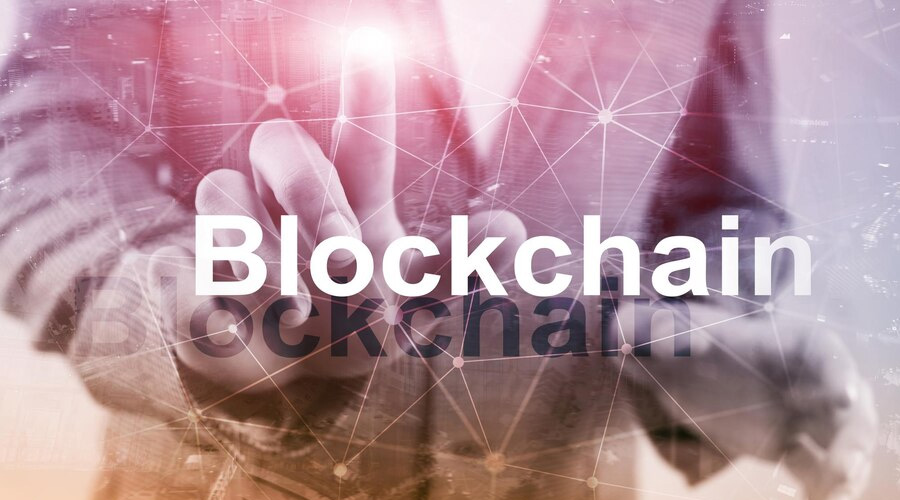Why is the Indian Government emphasising about Blockchain in Education curriculum more?
A few years ago, the phrase “blockchain” was not frequently used, but now it is all the rage because of its use in the financial sector. However, it has an impact on the Indian education system in addition to the financial industry. The Indian government is attempting to prioritise blockchain education because of the fact that it is decentralised and irreversible and has applications in a variety of fields, including infrastructure, education, healthcare, and defence.
The innovative and exciting blockchain education technology has been making inroads in this era. Most people link it to the beginning of the dot-com era, which transformed commercial operations and gave rise to billion-dollar industries. This parallel strongly suggests that the Indian education system speed up and intensify its study of this ground-breaking new technology and trying to implement slowly it in all forms of education about blockchain.
There are several approaches to give blockchain education. In schools and institutes of higher learning, the education curriculum can contain subjects that teach pupils about blockchain technology. The National Education Policy of Indian government may include blockchain education (NEP). Colleges and other institutions may design specialised courses to instruct students in the development and application of blockchain.
Companies that create blockchain technology, as well as those that use it, can start campaigns to inform the public about blockchain education, its applications, and its potential. The Indian government should concentrate on establishing legal regulations for things like smart contracts and cybercrimes.
For one to achieve financial independence and personal wealth growth, blockchain knowledge is essential. One must first understand the technology and its possibilities in order to comprehend the significance of blockchain education. The simplest way to describe this modern technology is as a decentralised ledger that can store data incrementally but cannot change or alter stored data. Blockchain’s decentralised structure makes the ecosystem transparent and fraud-proof. In contrast to the conventional method, where networks are supported by centralised servers, the blockchain network is furthermore powered by computers dispersed across the globe.
The Indian education system believes that blockchain technology is transforming all facets of modern life, and the Indian government strongly advises that it be introduced in the education curriculum. The emergence of artificial intelligence, the Internet of Things (IoT), affordable computers, and worldwide internet services have made it possible to innovate even the smallest procedures and applications, from voting and financial transactions to academic teachings and testimonies.
More trained blockchain specialists will be produced as a result of blockchain education, which will have additional benefits like job creation. It offers a unique method for keeping information, carrying out transactions, managing activities, and fostering confidence.
Additionally, blockchain enhances education by fostering learning incentives, enhancing accountability through smart contracts, and increasing transparency. For instance, the immutable ledger technology of blockchain creates a timeline of events that have occurred in real time. The Indian government claims that this innate quality can make it easier to monitor a student’s academic and professional development.
The Indian education system and the Ministry of Electronics and Information Technology (MeitY) have released the “National Strategy on Blockchain education,” which is a step toward enabling reputable digital platforms to build a blockchain framework for creating applications based on this cutting-edge technology.
To advance the condition of blockchain education, the Indian education system emphasises that businesses can start and offer apprenticeship and internship programmes that are related to education and experience in the blockchain feild. In order to remove obstacles in the way of distributed ledger technology, we also believe that it is necessary to launch legal blockchain education efforts. The area of blockchain regulatory compliance also has a sizable gap.
Finally, Maharashtra will use the Ethereum blockchain to validate diplomas earned through the MSBSD programme. The Indian education system will use the Ethereum blockchain to give students tamper-proof diplomas. The cooperation between the Maharashtra government and LegitDoc, an Indian blockchain start-up, has taken this enormous move. On World Youth Skills Day, this formal notification was made by the Maharashtra State Board of Skill Development (MSBSD).
Yes, there is still a problem with how cryptocurrencies are treated in India. However, the Indian Government gave the use of Ethereum blockchain education in the Indian education system a clear bill of health.

